Energy
Was ist ein Smart Meter und wie weiß ich, ob ich einen habe?
By
Karl Villanueva
3.1.2024

8
Min.
%20(1).avif)
Was ist ein Smart Meter und wie weiß ich, ob ich einen habe?
In diesem Blogpost erfährst du, was ein Smart Meter ist und wie sich ein Smart Meter von anderen Messeinrichtungen unterscheidet - denn ein digitaler Stromzähler ist nicht automatisch ein Smart Meter! Außerdem erfährst du, wie du erkennen kannst, ob du bereits ein Smart Meter hast und welche Vorteile ein Smart Meter für dein persönliches Energiemanagement bietet.
Was ist ein Smart Meter?
Ein Smart Meter ist ein Zähler, der dein Energieverbrauch stundenweise genau erfassen und übermitteln kann. Im Gegensatz zu herkömmlichen Zählern, die eine manuelle Ablesung erfordern und oft zu Schätzungen führen, liefern Smart Meter detaillierte und genaue Informationen über deinen Energieverbrauch. Diese Daten können direkt an deinen Stromanbieter gesendet werden. So muss dein Zähler nicht mehr manuell abgelesen werden und du wirst nach deinem tatsächlichen Verbrauch abgerechnet.

Gängiges Missverständnis: Digital ≠ Smart Meter
Oftmals werden moderne Messeinrichtungen mit einem digitalen Display mit Smart Metern verwechselt. Nach Definition liegt ein Smart Meter nur dann vor, wenn die Moderne Messeinrichtung mit einer Kommunikationseinheit (Smart Meter Gateway) kombiniert wird.
Zusammen bilden die beiden Komponenten ein intelligentes Messsystem (iMS) - ein Smart Meter.
- Der digitale Stromzähler misst den Stromverbrauch in kWh.
- Das Smart Meter Gateway dient als Kommunikationseinheit, die das stundenweise Senden und Empfangen von Daten ermöglicht.
Gängiges Missverständnis: Adapter ≠ Smart Meter
Du hast einen Adapter an deinem Stromzähler oder einen Wechselrichter beispielsweise der Marke: Powerfox, SMA Sunny Home Manager mit dem du deinen Stromverbrauch stundenweise verfolgen kannst? Das ist super, um deinen Stromverbrauch im Auge zu behalten und Einsparpotenziale zu erkennen, es handelt sich hierbei aber um kein Smart Meter.
Es handelt sich erst um ein Smart Meter, wenn die moderne Messeinrichtung eine Kommunikationseinheit (Smart Meter Gateway) verbaut hat.

Intelligentes Messsystem (Smart Meter): Verbunden und automatisiert
Smart Meter sind die fortschrittlichste Option. Sie sehen den digitalen Zählern recht ähnlich, da sie ebenfalls eine digitale Anzeige besitzen, verfügen jedoch über eine wichtige zusätzliche Komponente: das Smart Meter Gateway .
Die Kommunikationseinheit (Smart Meter Gateway) ist ein kleines Kästchen, dass sich direkt auf dem Stromzähler oder im Zählerkasten befindet. Die gängigsten Marken des Gateways sind: Theben, PPC und EMH.
Mithilfe des Gateways werden stündliche Energieverbrauchsdaten direkt über einen sicheren Kommunikationskanal an deinen Stromanbieter gesendet. Das Schöne an einem Smart Meter ist, dass du deinen Energieverbrauch nahezu stundenweise über eine verbundene App oder eine Online-Plattform überwachen kannst, was dir dabei hilft, dein Energiekonsumverhalten anzupassen.
Wenn dein Zählerstand automatisch an deinen Stromlieferanten gesendet wird, du ein Gateway erkennen kannst oder du einen besonders hohen Verbrauch hast (in Deutschland werden vom Netzbetreiber ab einem jährlichen Verbrauch von 6.000 kWh Smart Meter verbaut), dann hast du höchstwahrscheinlich einen Smart Meter.
Wie erkenne ich, ob ich einen Smart Meter habe?
Wenn du dich fragst, welche Art von Stromzähler bei dir Zuhause installiert ist, gibt es einige einfache visuelle Hinweise, nach denen du suchen kannst.
%252520(4).avif)
**Unser dynamischer Stromvertrag kann nur mit BSI zertifizierten Smart Metern genutzt werden.
Fairer Strom für Alle
Wir hoffen, dass dies dir hilft, zu klären, welche Art von Zähler du derzeit hast. Wenn du bereits einen intelligenten Zähler installiert hast, super! Wir freuen uns, dich auf unserem SimplyDynamic Tarif begrüßen zu dürfen.
Wenn du noch keinen intelligenten Zähler installiert hast, schau dir diese Seite an, um herauszufinden, wie du einen bekommen kannst. Möchtest du vorerst nicht in einen intelligenten Zähler investieren? Du kannst mit unserem SimplyFair Tarif loslegen.




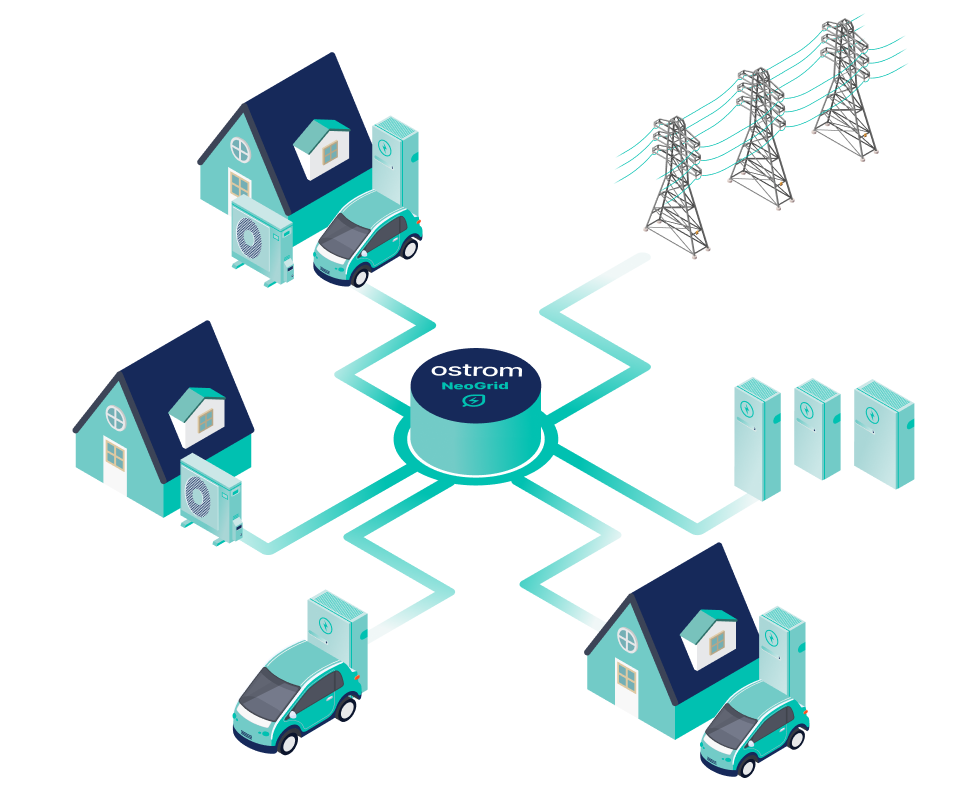

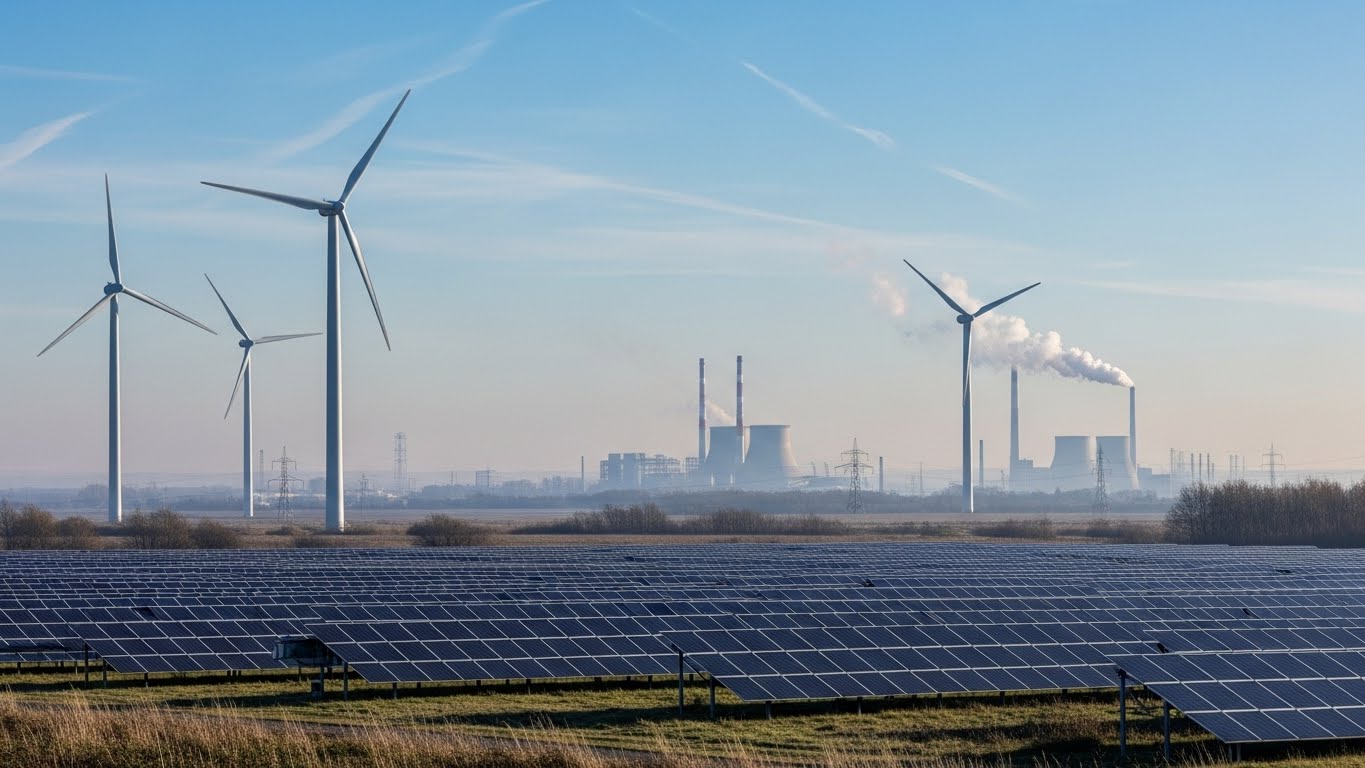

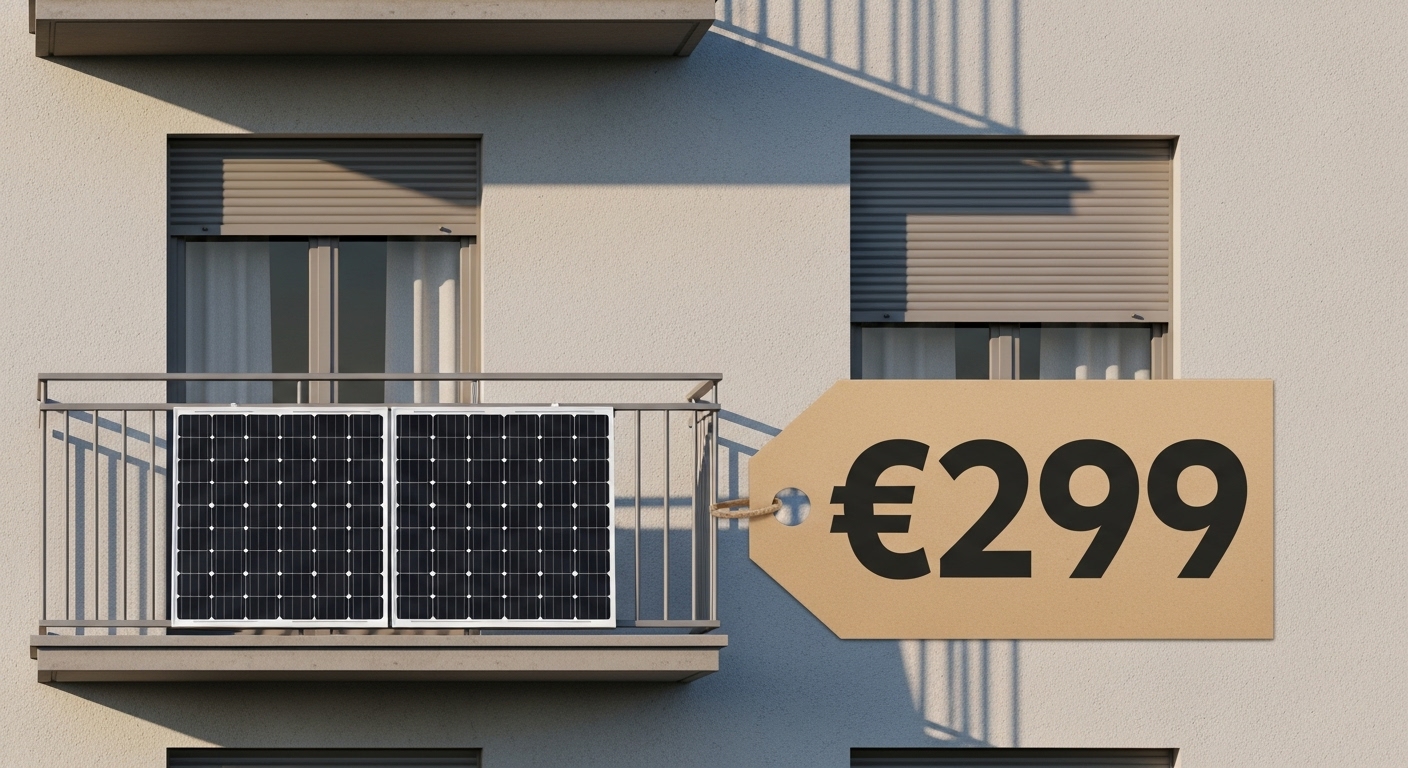

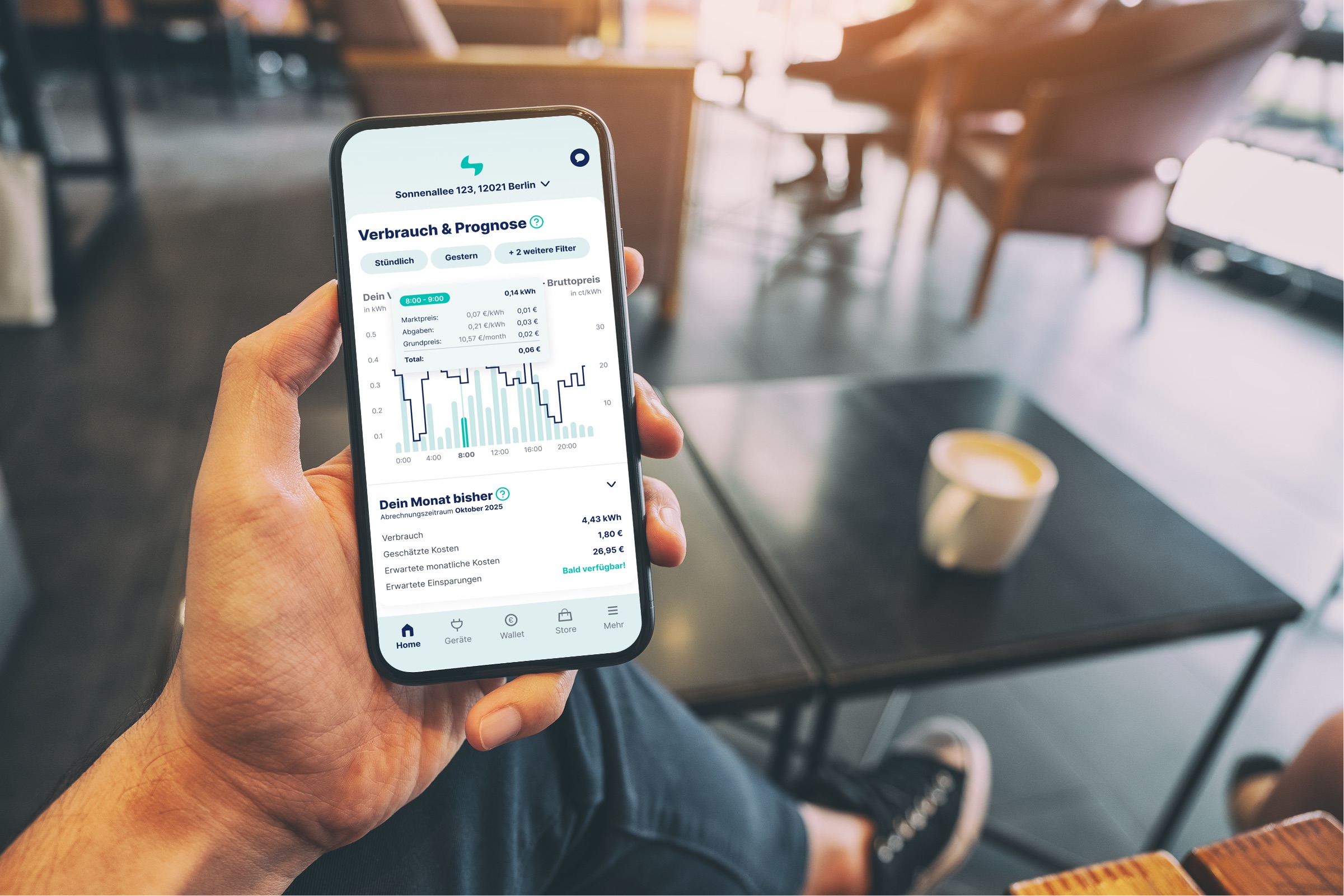
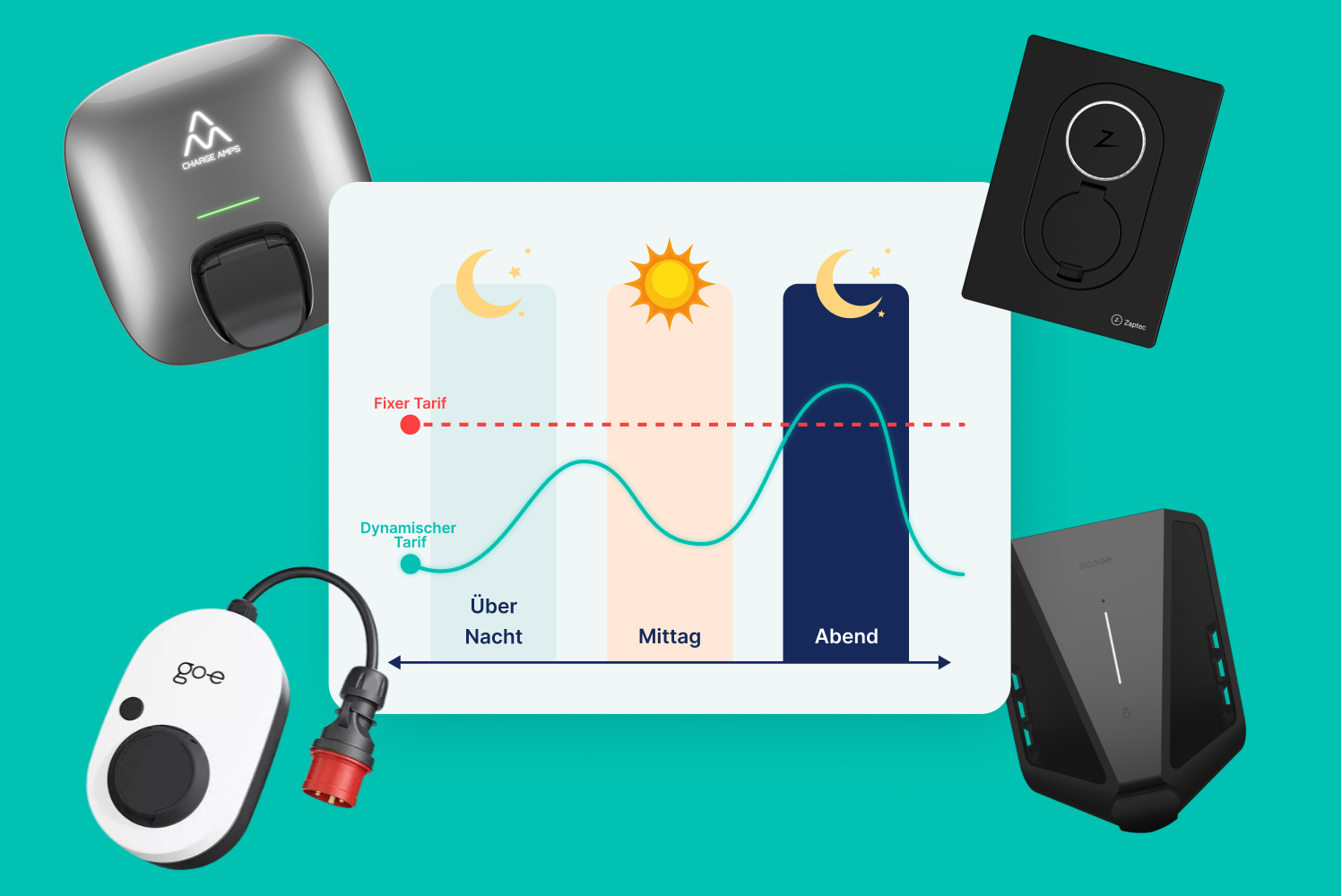
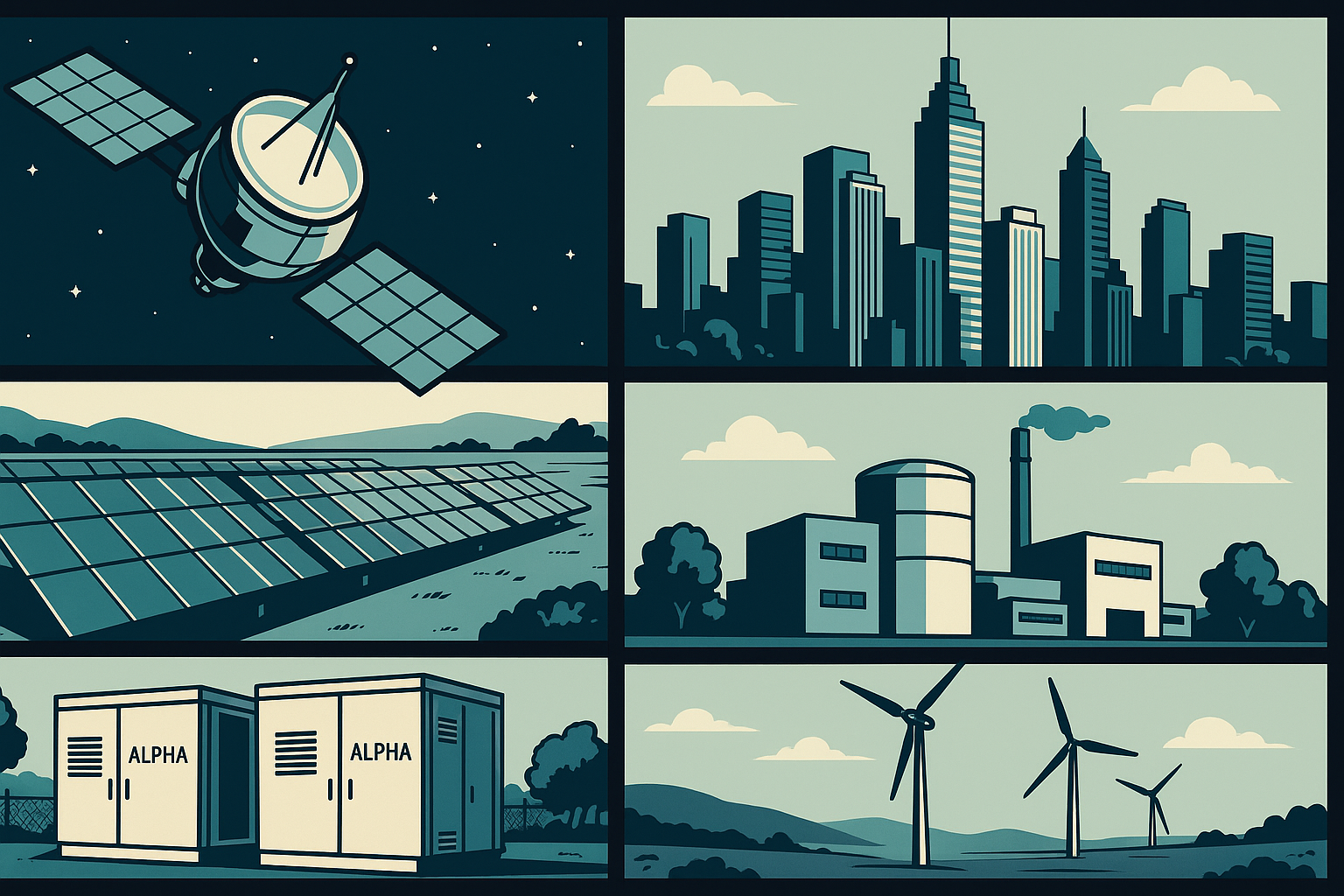


.avif)